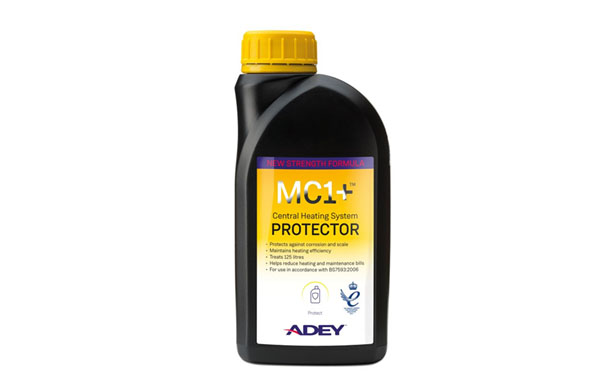
Testing water quality of HIU secondary heating system is crucial as it impacts both the efficiency and longevity of a heating system no matter if it is connected to the radiators or underfloor heating:
Preventing Corrosion: Poor water quality can lead to corrosion inside radiators and other components of the heating system. Corrosion can cause leaks, reduce the lifespan of the system, and require costly repairs or replacements.
Maintaining Efficiency: Sediments and impurities in the water can lead to a buildup of scale and sludge. This buildup acts as an insulator, reducing the efficiency of heat transfer from the water to the room. The system then has to work harder and use more energy to achieve the same level of heating.
Avoiding Blockages: Sediments and debris in the water can cause blockages in the radiators and pipework. These blockages can lead to uneven heating, with some radiators not warming up properly, and can also strain the HIU.
Noise Reduction: Poor water quality can lead to the formation of air pockets and increase noise in the system, such as gurgling sounds. Keeping the water quality high helps maintain a quiet and efficient heating system.
Ensuring System Longevity: Good water quality helps ensure that all parts of the heating system, including the HIU, underfloor heating and radiators, work smoothly and last longer. This reduces the need for frequent repairs or early replacement.
Cost Efficiency: A well-maintained system with good water quality is more cost-efficient in the long run. It requires less energy to heat your home and incurs fewer repair and maintenance costs.
For these reasons, it’s important to regularly check and maintain the water quality in your HIU secondary heating system. This can include bleeding radiators to remove air pockets, using chemical inhibitors to prevent corrosion and scale, and flushing the system to remove sludge and debris.
20/01/2024
All HIU services HERE.






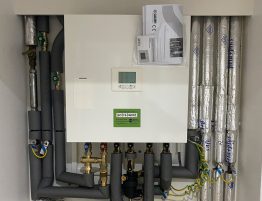
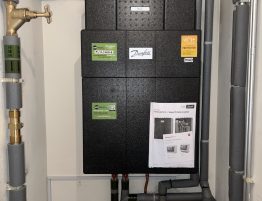

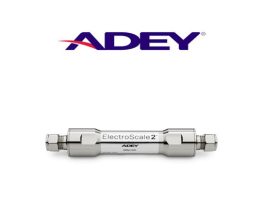
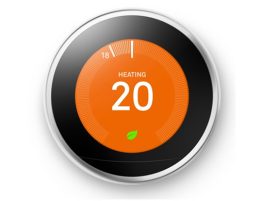
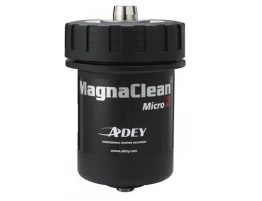
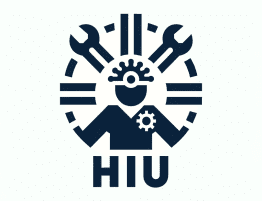
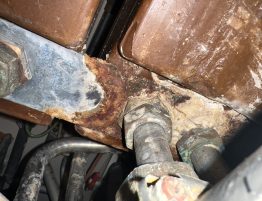
Write a comment: